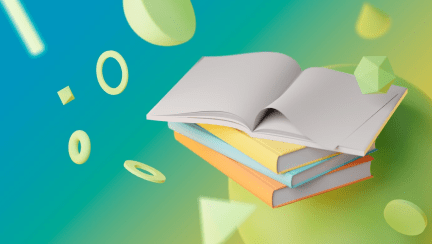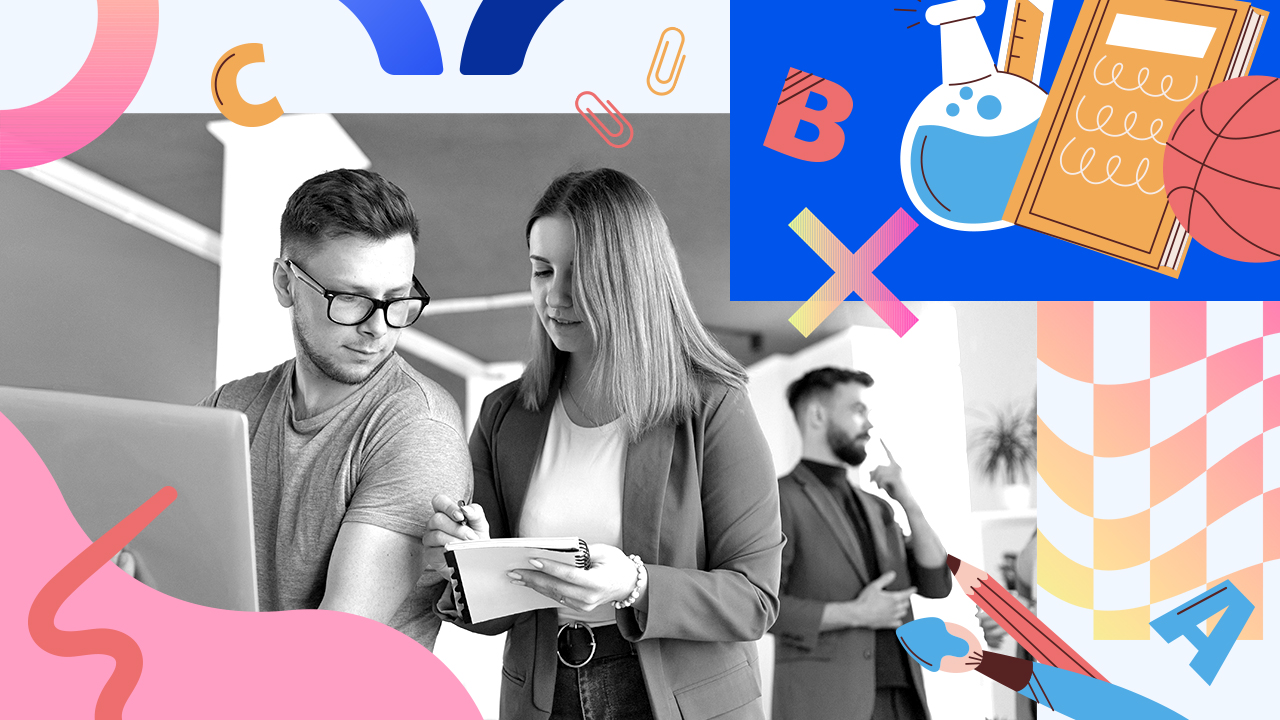Will AI Ever Replace Teachers? Human Judgment in Academic Integrity
The rapid advancement of artificial intelligence (AI) in education has triggered widespread debate and speculation about the future role of teachers. While AI systems increasingly assist in grading, personalized learning, and curriculum development, can these technologies genuinely replace human teachers, or is human judgment still indispensable, particularly in upholding academic integrity?
The Expanding Role of AI in Education
AI’s integration into educational systems has become increasingly sophisticated. Recent studies and developments illustrate that AI can automate numerous administrative tasks, enabling educators to dedicate more time to direct student engagement and personalized instruction. According to a 2025 report from The Guardian, education authorities are actively exploring AI tools to automate routine tasks such as pupil assessments and report generation, potentially saving educators up to 20% of their weekly working hours.
Additionally, AI-driven platforms now offer tailored learning experiences by adapting to students’ strengths and weaknesses, significantly boosting individual academic performance. A 2024 survey by Lifewire indicated that 74% of teachers believe AI-powered personalized learning systems positively impact student learning outcomes.
Limitations of AI in the Classroom
Despite these advancements, AI technology has significant limitations, particularly in performing roles requiring deep emotional intelligence, empathy, and nuanced understanding. Teaching inherently involves fostering critical thinking, providing emotional support, and adapting quickly to subtle cues and complex classroom dynamics—qualities AI cannot fully replicate.
According to educational expert John Spencer, the teacher-student relationship fundamentally involves human interaction, making it nearly impossible for AI to entirely replace the role teachers play. Spencer highlights that teaching is as much about inspiring and mentoring students as it is about transferring knowledge.
AI and the Challenge to Academic Integrity
AI technologies, particularly generative tools such as ChatGPT and Copilot, have raised serious concerns regarding academic integrity. Students now have unprecedented access to tools capable of generating essays, assignments, and research projects. A 2025 report by Axios indicated that misuse of AI for academic work significantly hinders students’ critical thinking skills, with 67% of educators noting a marked decline in analytical abilities among students relying heavily on AI-generated content.
Moreover, AI-powered plagiarism detection software has limitations that pose fairness and accuracy challenges. False positives—incorrectly identifying students’ work as AI-generated or plagiarized—can have severe academic repercussions. In 2024, The Guardian reported numerous cases of students unfairly penalized due to erroneous AI assessments, creating mistrust and distress among learners.
Tools like Edulegit offer a practical solution to this problem by providing advanced plagiarism detection and AI content detection capabilities. By accurately distinguishing between original student work and AI-generated content, Edulegit supports educators in making fair, informed decisions, thus preserving the essential human judgment necessary in academic evaluation.
The Irreplaceable Human Element
Human teachers play an irreplaceable role in instilling academic integrity and ethical responsibility in students. Teaching students about honesty, originality, and responsible research requires thoughtful dialogue, reflection, and nuanced judgment—elements that remain uniquely human.
Educators’ roles extend beyond merely detecting academic dishonesty; they involve nurturing a deeper understanding of why integrity matters. A study by Carnegie Mellon University and Microsoft (2025) emphasized the necessity of human oversight, revealing that students guided by human educators demonstrated significantly better understanding and adherence to ethical academic practices than those relying solely on AI systems.
Striking a Balance: AI as a Tool, Not a Replacement
The optimal approach to AI in education involves leveraging its strengths while recognizing and compensating for its weaknesses. AI should serve as an assistant to human educators rather than a substitute. Education experts advocate for a balanced strategy where AI handles repetitive and administrative tasks, while teachers maintain control over pedagogy, ethical education, emotional intelligence, and mentorship.
Educational institutions are increasingly aware of the necessity of human oversight. A recent Lifewire poll (2024) indicated that 83% of educational administrators agree that AI is best used as a complementary tool rather than a standalone solution in classrooms.
Conclusion
While AI undoubtedly revolutionizes various aspects of education, human teachers’ nuanced judgment and interpersonal connections remain unmatched. Human teachers will always be crucial in maintaining academic integrity and fostering comprehensive educational experiences. AI best serves as an aid that enhances, not replaces, the invaluable human component of education.
References</strong
Bridget Phillipson eyes AI’s potential to free up teachers’ time. The Guardian, 2025
Teachers warn AI is impacting students’ critical thinking. Axios, 2025
‘I received a first but it felt tainted and undeserved’: inside the university AI cheating crisis. The Guardian, 2024
The Surprising Ways AI Is Being Used in Schools Right Now. Lifewire, 2024
Why AI Can’t Replace Teachers. Spencer Education, 2024


Writing Under Pressure: Cognitive Tricks to Stay Original
Why Pressure Undermines Original Thinking We’ve all been there — the deadline is hours away, the cursor blinks, and your […]

Building Academic Integrity Habits from the First Semester
Practical Guide for First-Year Students in Higher Education Why Integrity Must Start Early Starting university is not only an academic […]

Micro-Cheating in Academia: Definition, Examples & Impact
Academic integrity conversations in 2024–2025 are no longer limited to plagiarism or overt exam cheating. A subtler form of dishonesty […]











